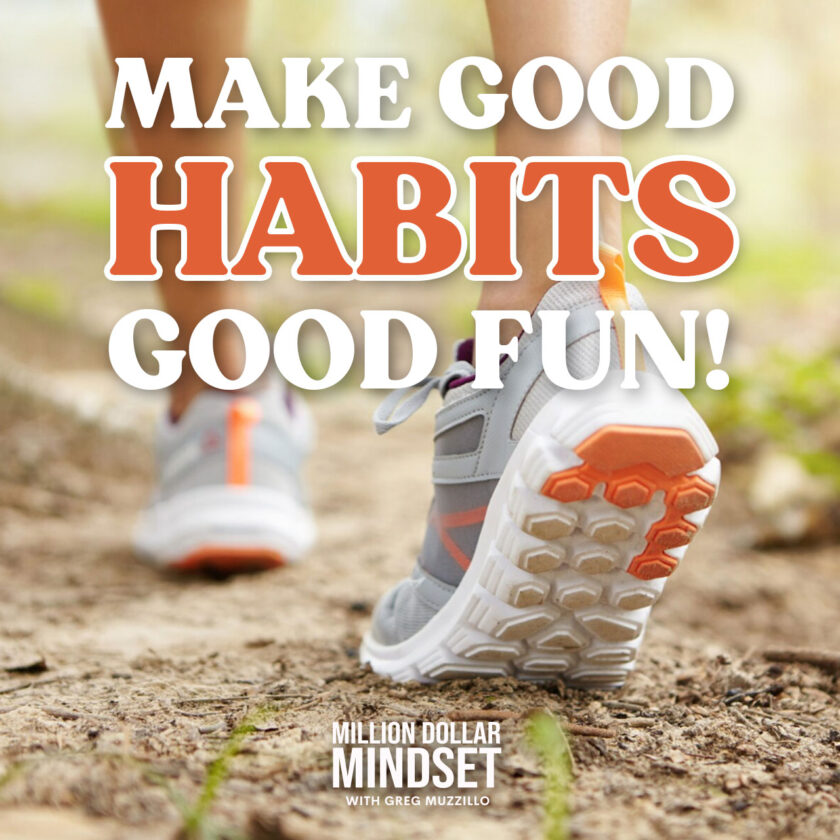Remember the college days? When to-do lists were miles long and distractions were at an all time high? Yeah, that only gets worse once you enter the business world. Distractions are everywhere during a typical workday. Add modern technology (yes, this includes smartphone apps) to the mix, and we’re all but set up to be less productive. While it may be impossible to entirely avoid distractions, cutting down on them is the key to better efficiency in the workplace. Last week, our friend Dale Denham shared one great tip for getting more done. That’s a good starting point, but we’ve got five more ways to reduce your work distractions and boost productivity:
1. Know your triggers (and slow down)
One way to limit distractions is figuring out the root cause, or trigger, for those distractions. In an article for Entrepreneur, writer Mike Monroe noted that, “One of my triggers, for instance, involves calls. I usually pour quite a bit of energy and effort into my calls, whether it’s one-on-one or a group conference call. When I hang up and feel spent, I usually feel a trigger telling me that I deserve a reward,” when referring to what distracts him the most. Monroe goes on to explain that finding what triggers your distraction can help you stay focused on your agenda instead of caving into taking a few extra minutes to check social media (or whatever your point of distraction is).
A report by Udemy For Business, called “2018 Workplace Distractions Report,” covered how distracted employees really are and the main causes of that distraction. Udemy also mentioned how long it takes to refocus after even a minor disturbance.
“As distracted as they are, most workers (84 percent) estimate they’re able to refocus within a half-hour,” the report stated. “According to a UC Irvine study, ‘People compensate for interruptions by working faster, but this comes at a price: experiencing more stress, higher frustration, time pressure, and effort.’” While it may seem like it’s a better idea to speed up your work to make up for lost time, that’s not always the best solution.
2. Create a realistic to-do list
We all know what happens when there’s too much on our plates (or calendars). The overwhelming amount of pressure to cross off every minor task on your to-do list makes it feel as though it’s never-ending. One way to avoid that? Keep to-do list expectations realistic.
We checked out tips from a Greatist article, and one that stuck out was to make multiple to-do lists. It might sound crazy, but this can help to better organize your schedule. Lists can be split into tasks to do now, tasks to do later and tasks for the future. This also helps avoid overcrowding one list while helping you stay concentrated on what you need to accomplish first thing.
Set practical goals that you know you’ll be able to complete during the day. If your schedule is too crammed, you’ll waste time figuring out how to accomplish everything instead of focusing on the task at hand.
3. Invest in headphones
If your old pair of headphones isn’t cutting it, it might be time for a pair of noise-canceling ones. The more you can tune out, the better. With cubicles common, open office layouts on the rise and private workspaces a rarity, there’s a high chance of hearing everything that goes on around you.
While you can’t escape the office noise, you can help tune it out. This is where investing in a decent pair of headphones comes in handy. Men’s Journal has a list of the best options for different work environments, but we recommend trying out different options in stores or looking for recommendations.
In an article on maximizing productivity, Investor’s Business Daily mentioned wearing headphones and listening to non-distracting music.
“When it comes to noise, it’s the sudden onslaught of shrill sounds that mar our ability to concentrate,” Anne Perschel, an executive coach in Worcester, Mass., said in the story. “Blocking such unwelcome bursts of sound can work wonders.”
4. Automate social media
If your job description involves social media, having a way to automate your posts will reduce your temptations to constantly check in. There are a number of tools that allow users to schedule social media posts so they can spend less time posting or scrolling and more time focused elsewhere.
We’re not suggesting cutting off social media cold turkey. But we are suggesting better approaches to utilizing social media platforms. Social media can still be part of your life (and job), but automation is a convenient way to optimize your time. Aside from Hootsuite, perhaps the best known of these tools, other similar options include Agora Pulse, Buffer, CoSchedule, Sprout Social and HubSpot.
5. Track your phone usage
If there’s one thing many of us are guilty of, it’s picking up our smartphones way more than we’d like to admit. If you’re in denial, Moment is a great app used to track how often you use your phone during the day. The app logs the time of day you used your phone, the duration you spent using it, the number of times your phone was picked up and also which apps were checked most frequently. You can also set daily limits and goals for yourself to reduce screen time usage.
It may sound counterintuitive to rely on an app to reduce phone usage, but seeing the actual numbers might be enough to inspire a change in habits. The latest iOS update included a usage-tracker utility for Apple devices, and many apps now have them built-in under menu settings so users can see how much time they spend in each one.
A survey by Career Builder found that 55 percent of employers named cell phone/texting as the “biggest productivity killer,” with another 37 percent claiming social media to be large time waster. So it’s no surprise that our phones are one of the larger culprits of distraction. If your job requires you to use your phone, then that’s one thing, but if you can power it down at the office or leave it at home completely, that might be one easy step to reduce distractions.



